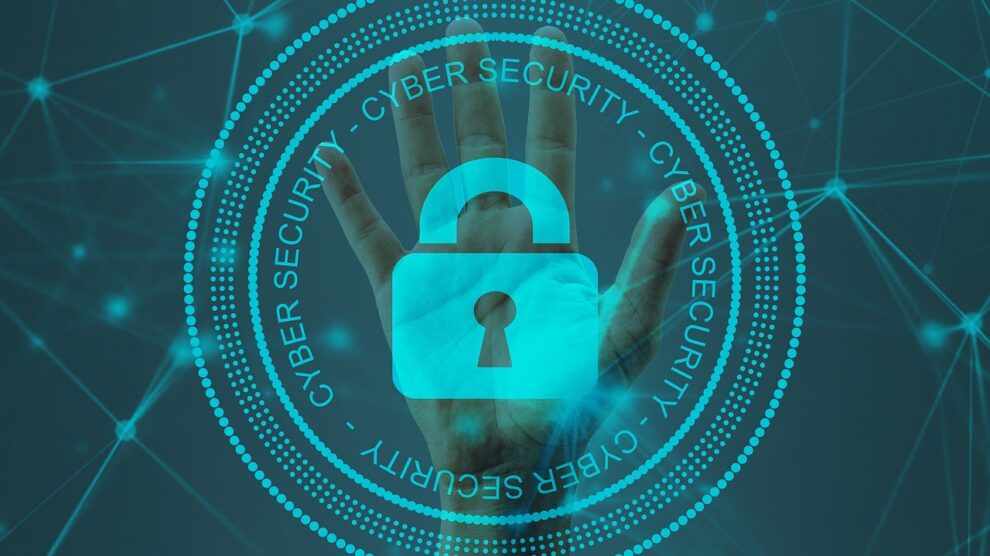Today, the number of cyber threats continues to increase as the world evolves with high-tech innovations. Many people think that hackers only target giant organizations. But that’s not true. The attacks also affect small businesses.
There are severe consequences that come with cyber-attacks, including paying hefty penalties that can stall your business’s growth. That’s why you need to be on the look-out and take precautionary measures before exposing your business to hackers. Here is what you need to do to lower the risks.
Create Strong Passwords
Change your passwords to strong and unpredictable, making it hard for hackers to guess. Ensure you keep changing passwords regularly on each account and avoid writing them down.
Do due diligence to keep them secretive. If possible, memorize the passwords so that you won’t have to write them down anywhere. As you keep tabs on your server’s password, don’t forget to take precautionary measures on every PC. Hackers can quickly access information on PCs, infiltrate and mess up the entire system.
Minimize Data Transfers
Avoid transferring data from company devices to external devices, even if your employees work remotely. While the external party may not have bad intentions of hacking your system with the shared data, it’s still risky because of the exposure. In this case, you’ll need to determine the devices exposed to such risks and take precautions against sharing information.
Implement Cybersecurity Policies
Tough times call for tough measures. Part of the mitigation strategy is to set policies that govern cybersecurity initiatives. Inform your employees about the policies and ensure that each one of them follows the rules. Let management enforce the policies up to the point of full implementation and adherence. Some of the policies should include:
- BYOD. This is a “bring your own device” initiative where each employee is expected to use personal devices on the business network. It’s limited to a set of employees, and it helps in restricting unauthorized personal devices from accessing the business network.
- Another policy is to give your employees minimal access to the business network as long as they can perform their assigned work effectively. Limiting access to your employees improves the chances of curbing cyber-attacks.
- Also, employees should stop sharing their password with anyone, both internally and externally. Some co-workers can pose as a danger when they receive passwords from others. They can decide to abuse the passwords and take the blame to the owner of the password.
- Lastly, set rules that prohibit your employees from visiting some websites. Also, restrict them from downloading random content from untrusted sources. This can also be the case with emails.
- Your employees should avoid opening emails from unknown sources. Even if the email came from an official source, they should countercheck to ensure that it is legit and not a hacked account.
Raise Internal Awareness
Employees are the first point of contact for your business. They know the ins and outs. But the truth is that some may not be aware of how to deal with security risks.
Most security attacks originate from them both intentionally and unintentionally. It may not be easy for any organization to detect a malicious attack done by an employee since they know how every system operates. They can even evade some of your security measures and find their way to the most sensitive information.
For effective security measures, ensure you keep raising awareness so that your employees stay alert about any potential risks. Educate them on how to identify any threats and respond because an employee can unintentionally make an error that compromises their passwords or other sensitive data for the business. This poses a risk and a loophole for the attackers.
Avoid risks by educating your staff about cybersecurity. When employees have the necessary security information, they will always know what to do when they feel something is wrong.
Software Updates
Software updates play a crucial role in boosting security against cybercriminals. Ensure you keep updating software even when you have busy schedules. Make it a priority.
Install software updates from software companies to keep your data secure, without which, your devices may be vulnerable to cyber-attacks. So, don’t skip this.
Monitor Data Leakage
Monitor any data leakage possibilities and take immediate action to prevent more damage to the system, which can negatively impact your company’s reputation. Some of the ways to do this are by restricting your employees from logging into their devices using unknown Wi-Fi, sharing business information with vendors, and saving data on high-risk devices.
If possible, hire a security team to keep a close eye on data and identify potential threats before they occur. It’s better to spend a few dollars on a professional to monitor the system than risk the reputation of your business.
The Bottom Line
Unfortunately, companies will continue to face security threats as long as they remain operational. That’s why it’s better to take the necessary measures as listed above before it’s too late. However, it’s worth noting that taking the above steps doesn’t exempt your company from cyber threats, but implementing them reduces the risk of attacks. It will also give you peace of mind.





